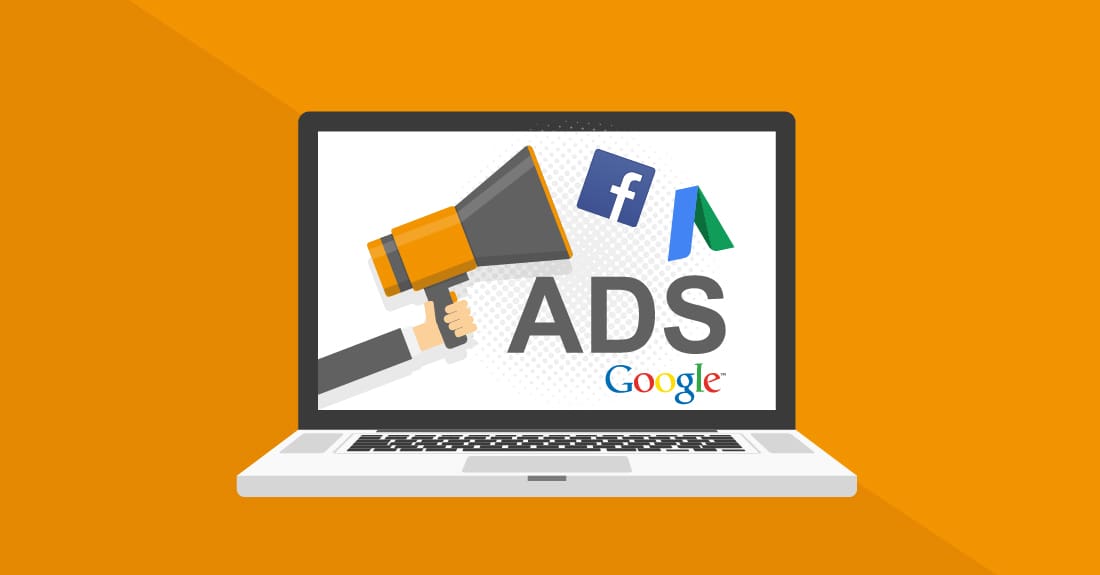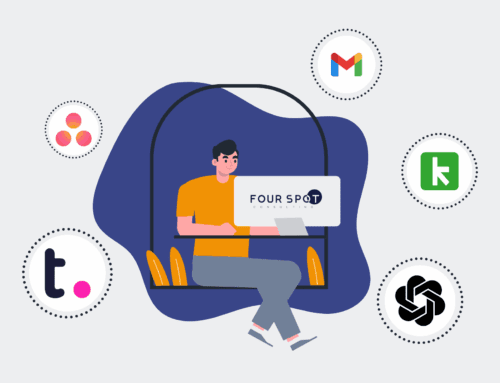In today’s digital world, consumers expect brand messaging to be available at all times and across multiple platforms. To reach their target audience and generate awareness, you need a powerful marketing strategy that takes advantage of the latest digital tools and strategies.
Marketing automation is an essential tool for any B2B or consumer-focused business. It automates certain tasks so that business owners can focus on high-value activities without spending as much time on tedious work. This article gives you a quick overview of what marketing automation is, its uses, and why you should care about it if you haven’t already started implementing it in your company.

Defining Marketing Automation
Marketing automation is the use of software to automate certain marketing-related tasks. It can be used for email marketing, social media campaigns, and more. A lot of B2B companies are now turning to market automation because it has many benefits that make it a great tool for marketing and sales. First, it allows you to schedule your emails and social posts in advance to increase the likelihood of being seen by more people.
You can create email sequences to send out messages at certain times so that you aren’t competing with other brands for attention. Additionally, you can use software to track how your marketing is performing and learn from that data to determine what types of content are most effective. You can see what posts are getting the most engagement and use that information to tailor future campaigns.
Marketing Automation is the New Trend
Automation isn’t a new trend; it’s been around since the advent of digital marketing. However, it has grown in popularity over the last few years due to the fast-paced evolution of the digital marketing industry.
More and more brands are realizing that automation can help them scale their operations, reduce costs, and free up their teams to focus on their most important tasks. Furthermore, it can increase ROI by expanding your reach and helping you reduce costs by only sending emails to people who are more likely to respond to them.
So, next time you see marketing automation being discussed around the water cooler, don’t be surprised. After all, it’s the next logical step for any business looking to stay competitive in this hyper-connected world.
Benefits of Using Marketing Automation
Lowers Your Operational Costs
When you’re ready to scale your marketing and sales efforts, automation helps you avoid having to hire more people. Instead, your team can focus on other tasks, like creating content, managing your workflow, and expanding your marketing strategies.
Increases the ROI Of Your Marketing
When you can schedule your email campaigns in advance and send emails directly to people who are likely to be interested, your campaigns will be easier to track and measure. This means you can see how your efforts are benefiting your business and adjust accordingly.
Increases Your Brand Loyalty
When your brand is consistently delivering relevant, engaging content, consumers are more likely to develop a positive impression. They might even start to associate your brand with quality content and services, which is something you can thank automation for.
More Positive Brand Experience
When your brand is consistently delivering relevant, engaging content, consumers are more likely to develop a positive impression. They might even start to associate your brand with quality content and services, which is something you can thank automation for.
Better Customer Experience
When you’re ready to scale your marketing and sales efforts, automation helps you avoid having to hire more people. Instead, your team can focus on other tasks, like creating content, managing your workflow, and expanding your marketing strategies.
Uses of Marketing Automation
Email Newsletters
Email marketing is still one of the most cost-effective channels for reaching new customers, acquiring leads, and driving engagement. It’s also a great channel for building your brand and growing your business.
This type of marketing is perfect for creating short, memorable content experiences that resonate with your target audience. You can also personalize each email so that it includes only the information your customers want to see. Email marketing can be used to send regular newsletters that are tailored to your target audience.
In today’s competitive market, having a well-designed landing page that explains the benefits of your products and services is critical. Creating a brand-new landing page is a time-consuming and labor-intensive task that many businesses can’t justify.
Drip Campaigns
Drip campaigns use a sequence of emails to nurture the relationship between businesses and their customers. These campaigns are usually based on a set of products or services that are regularly delivered to customers.
For example, a health-oriented coaching company can create a drip campaign with a fitness coach who offers one-on-one workouts. This type of content strategy is great for building trust with customers, becoming a referral-based business, and generating recurring revenue.
Lead Generation Tasks
Lead generation is an essential marketing strategy that helps businesses generate leads and convert them into customers. There are several ways to generate leads and some of them include paid advertising and digital marketing strategies.
Another way to generate leads is to use lead-generation tasks. With this approach, you create automated services that help you convert leads into customers. A good example is a SaaS content marketing lead generation process.
Social Media Scheduling
Social media marketing is often used to promote brands and increase brand awareness. But more and more brands are adopting social media scheduling tools for B2B marketing. With these tools, businesses can create social posts, images, and videos that are scheduled to publish at certain times. This allows marketers to promote brand messages to their customers at specific times.
Live Chat
Live chat is a powerful marketing tool that can be used by B2B companies to engage with customers and build stronger relationships. With this strategy, you create a chatbot on your website that enables customers to chat with the sales team.
Is it Worth It?
Automating certain marketing activities will free up your team to focus on their most important work. However, you’ll need to invest in technology and set up a strategy to make things work. However, once you do, you’ll see the benefits of marketing automation. You can’t just jump into marketing automation without first setting up your strategy and figuring out what works best for your business.
This way, you’re less likely to waste your time and money. If your company hasn’t considered marketing automation as part of its strategy, now is the time to start. It can help you scale your marketing efforts, lower your costs, increase your reach, increase brand recognition, and make your customers more likely to recommend your brand to their friends and family.
Final Words
The digital marketing industry is always evolving, which means that marketing automation is a method that will only become more important in the future. For your company to thrive in this ever-evolving world, you’ll need to make sure that you’re continually innovating and staying ahead of the curve.
This can be done through automation, which will help you to scale your efforts and make your brand more visible to potential customers. Automation can seem intimidating, but it doesn’t have to be. With the right technology and strategy, it can help your business scale, reach new audiences, and increase sales.
Articles You Might Want To Read:
Email Automation: How to Set Up A System That Puts You In Control?
How to Benefit From Marketing Automation?
Tips from Marketing Automation Experts: What You Need To Know?








